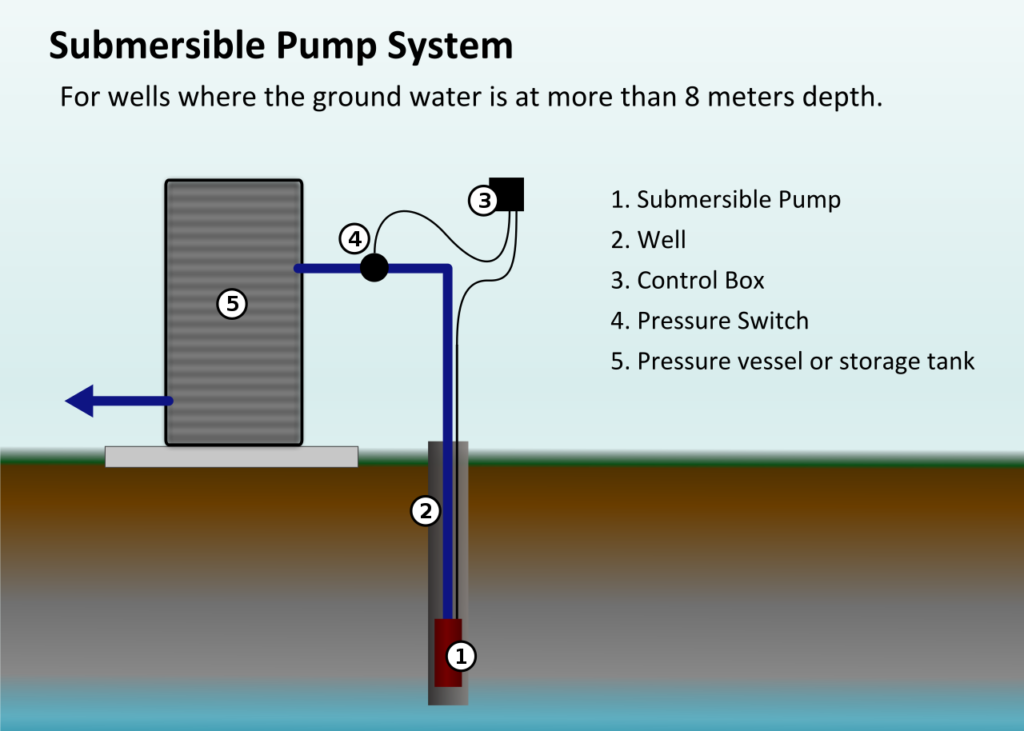Prolonging Well Pump Life: Essential Maintenance Guide

Prolonging Well Pump Life: Essential Maintenance Guide
Introduction: The Heart of Your Water Supply
A well pump is a vital component of your home’s water supply system. To ensure a reliable and efficient water source, regular maintenance is essential. In this comprehensive guide, we’ll delve into the crucial steps and tips for maintaining a well pump, allowing you to prolong its life and optimize its performance.
Understanding Well Pump Types: Tailoring Maintenance Approaches
There are various types of well pumps, including submersible pumps and jet pumps, each with its unique characteristics. Understanding the type of well pump you have is the first step in tailoring your maintenance approach. Submersible pumps are located underwater, while jet pumps are above ground. The maintenance tasks for each type differ, making it crucial to identify your specific well pump.
Regular Inspection: A Proactive Approach
Regular inspection forms the foundation of well pump maintenance. Schedule
Ensure a Reliable Water Supply: Essential Tips for Well Pump Maintenance

Introduction: Guaranteeing Water Supply Reliability
Maintaining a well pump is crucial for ensuring a consistent and reliable water supply to your home. In this comprehensive guide, we’ll delve into essential tips and practices to keep your well pump in optimal condition, providing you with the peace of mind that your water needs will be consistently met.
Understanding Well Pump Basics: A Foundation for Maintenance
Before delving into maintenance practices, it’s essential to have a basic understanding of how well pumps work. Whether you have a submersible or jet pump, knowing the components and their functions lays the foundation for effective maintenance. Consult your well pump’s manual for specific details regarding your system.
Regular Inspection Routine: Prevention is Key
Implementing a regular inspection routine is a proactive approach to well pump maintenance. Regularly check for any visible signs of wear or damage, such as leaks, rust, or unusual noises. Inspect the
Well Pump Care: Essential Tips for Longevity and Performance

Introduction: Ensuring the Longevity of Your Well Pump
Maintaining a well pump is crucial for the consistent and reliable supply of water to your home. In this comprehensive guide, we’ll explore essential tips and practices to ensure the longevity and optimal performance of your well pump, safeguarding your water source for years to come.
Understanding Your Well Pump System
Components of a Well Pump
Before delving into maintenance, it’s essential to understand the components of your well pump system. Typically, a well pump consists of the pump itself, a pressure tank, a pressure switch, and a control box. Familiarizing yourself with these elements lays the foundation for effective maintenance.
Different Types of Well Pumps
There are various types of well pumps, including submersible pumps and jet pumps. Submersible pumps are submerged in the well, while jet pumps are above ground. Each type requires specific maintenance considerations, so identifying your pump
Sustain Your Water Supply: Essential Well Pump Maintenance

Ensuring a Reliable Water Supply: Essential Well Pump Maintenance
Maintaining a well pump is crucial for homeowners who rely on well water for their daily needs. A well-functioning pump ensures a consistent water supply for various household activities. In this guide, we’ll explore essential well pump maintenance tips to sustain a reliable water source.
Understanding Your Well Pump System: The Basics
Before diving into maintenance, it’s essential to understand the basics of your well pump system. Know the type of pump you have, whether it’s a submersible or jet pump. Familiarize yourself with the well’s depth and the components of the pump system. This understanding forms the foundation for effective maintenance practices.
Regular Inspection: A Preventive Approach
Regular inspection is the key to identifying potential issues before they escalate. Periodically check the well pump for any visible signs of wear, leaks, or unusual noises. Inspect the electrical components, pressure tank,
